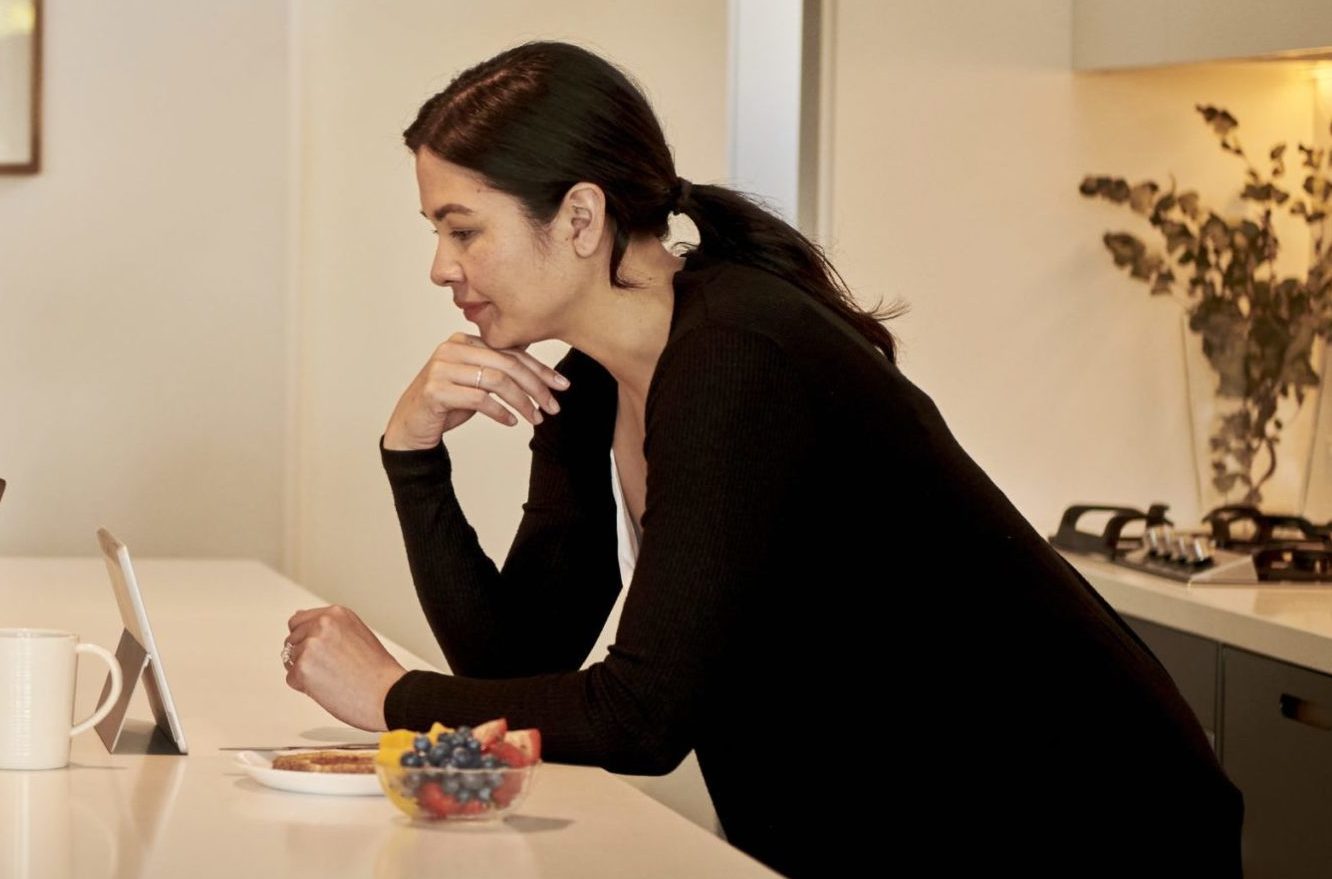Nutritionist explains a trick that helps to overcome hunger
Stress, isolation, frustrations: the Coronavirus pandemic has caused more than 70 to 40% of people to rise in the United States alone according to different estimates, while in Italy we have reached 44% according to a Coldiretti estimate .
Almost half of people have had problems with excess weight, gaining weight amidst restrictions, smart-working, worries for themselves and their families. The first problem is nervous hunger, which leads to overeating and even cooking homemade but high-calorie dishes, in an attempt to use comfort food to reduce the psychological burden of the pandemic.
But a nutritionist today explains a trick that helps overcome hunger. A simple move that, according to Dr. Nmami Agarwals , modifies the way the brain receives our intentions, improving our response to food and helping us to overcome temptations.
NUTRITIONIST EXPLAINS A TRICK THAT HELPS TO OVERCOME HUNGER

To understand how the trick works, let’s think about this scenario. We are faced with a food that we like, a packet of biscuits, a cake, a packet of chips. Let’s try to imagine what we usually say to each other to dissuade us from eating. It can also be for lunch or dinner, when something is left over or we would like to indulge in that extra slice of mozzarella or salami.
Here, now that we have visualized this typical situation, raise your hand if one of us at that point says to himself: I cannot eat it or I must not eat it.
Good. According to the nutritionist, that I cannot eat it or I must not eat it triggers a kind of sense of rebellion that starts from the brain, in response to a state of stress that is generated when faced with not being able to do something that we actually want to do, and that is to eat. This causes the opposite impulse, it is as if a spring is operating inside us. To the expression “I can’t” or “I don’t have to” the brain, to overcome the stress that this frustration generates, pushes us in the opposite direction to the one we would like. It is as if a voice within us is telling us: Why can’t you? Why don’t you have to? Eat and don’t think about it!
Notice how many times, faced with a food temptation, you say “I can’t eat it”. If you think about it, it happens to you and it will have happened to you many times over. And we know how it turned out.
The solution according to the nutritionist is there. You have to get into the habit of saying something different to yourself, even if it seems similar in appearance. That is to say: I don’t eat it.
Because speaking differently helps to overcome hunger

The words we choose to say to ourselves when faced with a choice can take two directions that change the brain’s response. If I say I can’t or I don’t have to, I’m not making a decision, I’m just saying that in theory I shouldn’t do it, but in practice I’m in the balance. On the contrary, if I say “I don’t eat it”, I tell myself that the decision has already been made, eliminating the stress of uncertainty.
At the same time, saying “I don’t eat it” strengthens my sense of control and power and increases my responsibility for food choice: I have already been able to make a decision, the brain just follows.
The result is that it will be much easier to limit yourself to the table, already telling yourself not to eat rather than saying you can’t or shouldn’t eat.
The sense of control is a tendency to act

One thing that is very important in food psychology and is even a distinction between those who manage to lose weight and maintain their weight and those who fail every time is called LoC . A word that stands for Locus of Control . Those who have an external LoC are among those people who, despite putting themselves on a diet, never reach their goals simply because they do not have control of their actions, they do not take responsibility for them.
An example of an external LoC is in the sentences: I would like to lose weight; I should lose weight; the doctor said I need to lose weight; maybe I should go on a diet. But also in the use of justifications, no matter if real or presumed: I have little time to lose weight, I don’t want to cook differently, I want to lose weight without changing habits, I have children, from tomorrow on a diet, and so on.
In all of these situations that I have described to you, it is as if we are not taking responsibility for our actions. Where is the ego in these sentences? We have not chosen anything, and the result is that we do nothing, because the brain, faced with such uncertainties, is very capable of further dissuading us.
Those who have an internal LoC, on the other hand, have already made a decision.
I don’t eat it, I’m on a diet, I exercise, I eat less, and so on. They are all expressions of action.
These kinds of expressions are easily understood by the brain. Our brain tends to take action in the face of many things. Even when we are sad or laugh we are expressing a tendency to action, because we are communicating something. Similarly, the brain understands better and organizes itself to enforce decision-making states.
But we have to confront him with decisions, not with “I wish but I can’t”. We have to tell him: that’s just the way it is.
I don’t eat this, period.
And immediately we will see that it will be much easier to say no to a food craving.
























+ There are no comments
Add yours